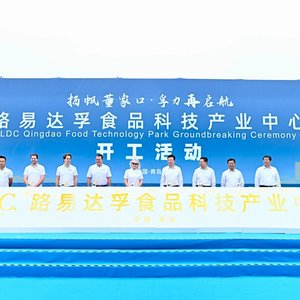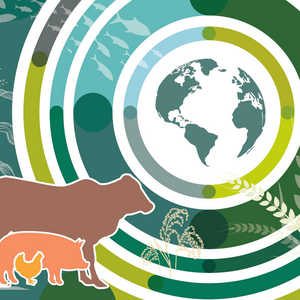The two-year transition period for the organic food sector to comply with new EU labeling rules has come to an end. As from July 1, 2012, the EU organic logo will be obligatory on all pre-packaged organic food products produced in EU Member States that meet the necessary standards. The logo will stay optional for nonpac ked and imported organic products. Other private, regional or national logos will continue to be allowed to appear alongside the EU label.
The Euro-leaf EU organic logo was introduced on 1 July 2010, but in order to help operators adapt to the new rules, and to avoid waste of existing packaging, a 2-year transition period was allowed before it was compulsory on all products. The visual field of the logo should also show the code number of the control body and the place of farming of the agricultural raw materials.
A recent EuroBarometer report on "European Attitude towards Food Security, Food Quality and the Countryside', to be published shortly, includes information on the EU organic logo and indicates that, since its introduction in July 2010, the logo has already gained recognition among a quarter (24%) of EU citizens.
“Our hope is that the EU logo can further develop into a widely recognised symbol of organic food production across the EU, providing consumers with confidence that the goods are produced in-line with the strict EU organic farming standards”, according to EU Commissioner for Agriculture & Rural Development Dacian Cioloş.
The idea of fostering the organic farming sector by introducing a compulsory EU organic logo was backed by Member States in 2007. In order to find an original design for this logo, the Commission organised a competition in 2009 in which more than 3 400 art and design students took part, and a public vote on the best 3 designs in early 2010.
EU consumption of organic products has seen a steady rise in recent years and now accounts for roughly 2% of the EU market.
Visit the European Commission Organic page and download the logo.










